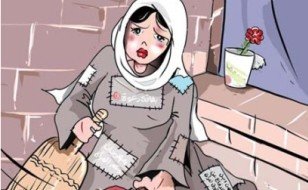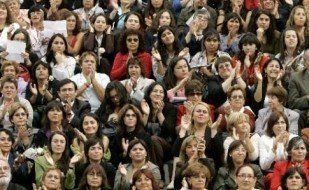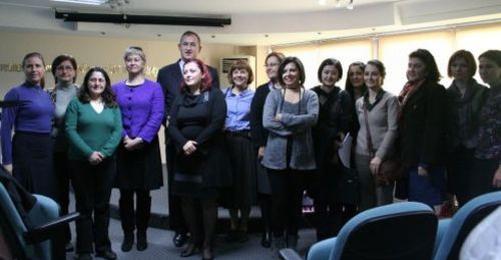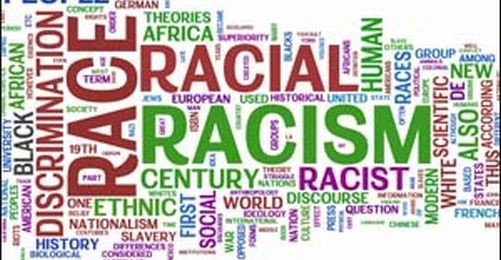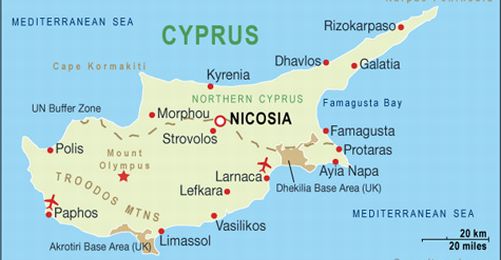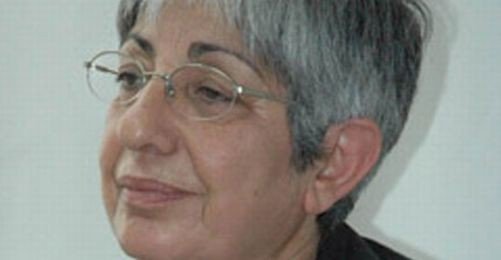Ever since the Justice and Development Party (AKP) has come to power, it has emphasized its success in economic policies. Prime Minister Tayyip Erdogan, for instance, likes to talk about the rise in income per capita.
Low ranking in human development and gender equality
However, when one looks at where Turkey stands in other areas, the picture is bleak. According to the United Nations Development Programme (UNDP), Turkey ranks 84th in terms of human development, and even worse, 112th in terms of gender equality in the 2007-2008 report.
The ranking is based on economic factors, as well as average life expectancy, literacy rates and participation in education, comparing the living conditions of women and men.
No empowerment for women
An even clearer indication of inequality is the Gender Empowerment Measure (GEM), which the UNDP uses to evaluate how far women are able to participate in economic and political life. It considers data such as the gender ratio in parliament, the number of women in management, income (in)equality between men and women, financial independence, among others.
In a list of 93 countries, Turkey ranks 90th, followed ony by Saudi Arabia, Egypt and the Yemen.
Rise in female MPs, decrease in women's employment
Although the number of female parliamentarians doubled in the last general elections in July 2007 (to 50 out of 550), this was not enough to improve Turkey’s ranking, as women’s employment fell in the same period.
So, although Turkey is among the first 20 countries according to size of economy, the other indicators show that this has benefited mostly men, and then only a small section of society.
Self-satisfied, the AKP is not doing anything to change this situation. For instance, although female employment is decreasing, the government is not acting to reverse the trend.
It thus seems hypocritical for the government to present the headscarf issue as an issue of access to education.
A study published by academics Binnaz Toprak and Ersin Kalaycioglu of the Bosphorus and Sabanci Universities lends support to the UNDP data on gender inequality. According to the study, the ban on headscarves only prevented 1 percent of the highschool girls not going to university from studying.
University exam, family conservatism, poverty...
Other factors were much more influential: Of women not going on to higher education, the first cause was not passing the university entrance exam (29.8 percent), a bane for all young people. A group of 14.6 said that they had passed the entrance exam but given up because of marriage; 10.5 percent said that their families did not permit further study.
Economic factors also stop women from studying; 14.6 percent said they had to work and could not study, while another 6.3 percent said they did not have enough money to support a university degree.
Instead of dealing with gender discrimination, economic independence, and health and education provision, the AKP has chosen to prioritise the freedom to wear a headscarf.
That’s as far as women’s rights go…(EÜ/TK/AG)





